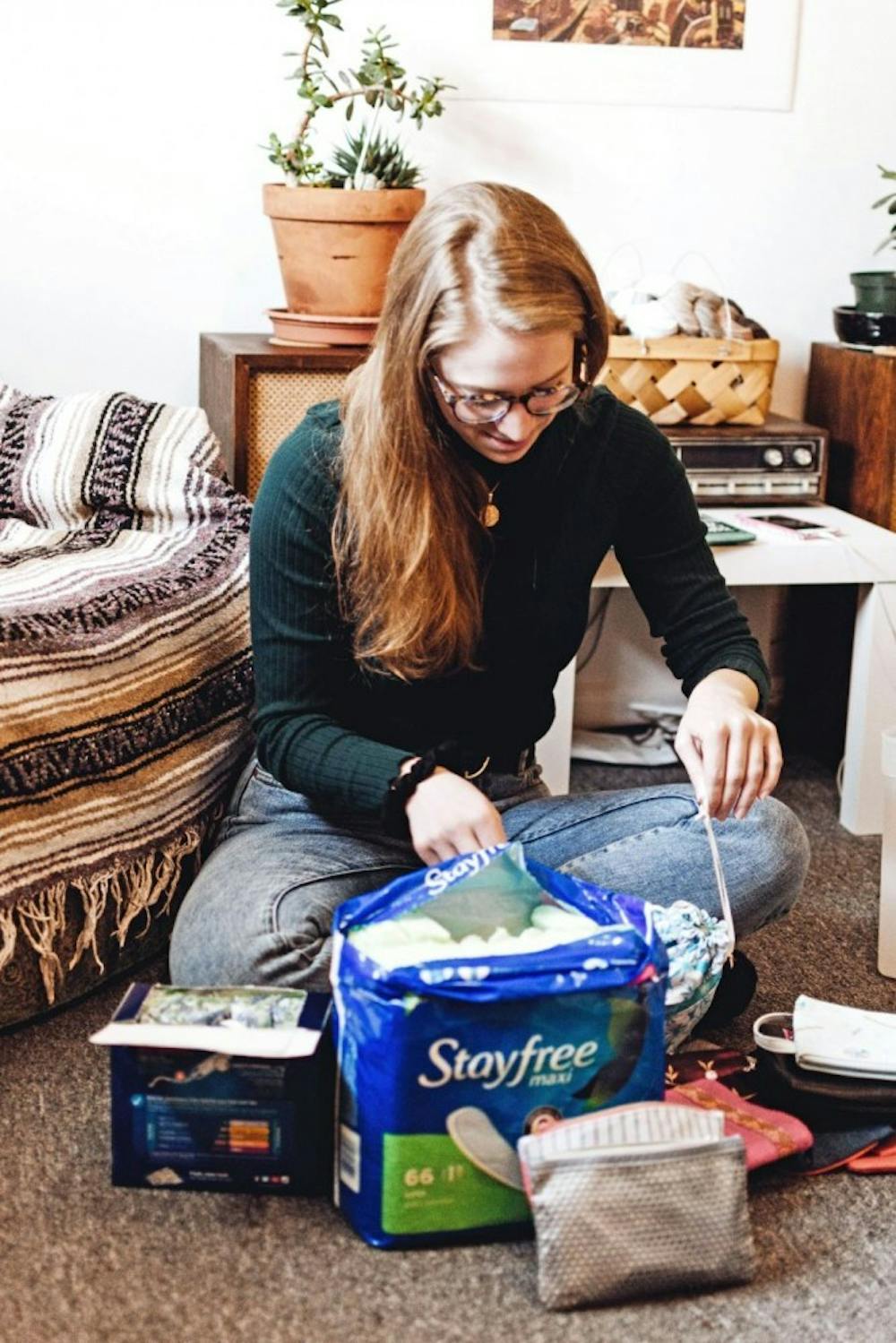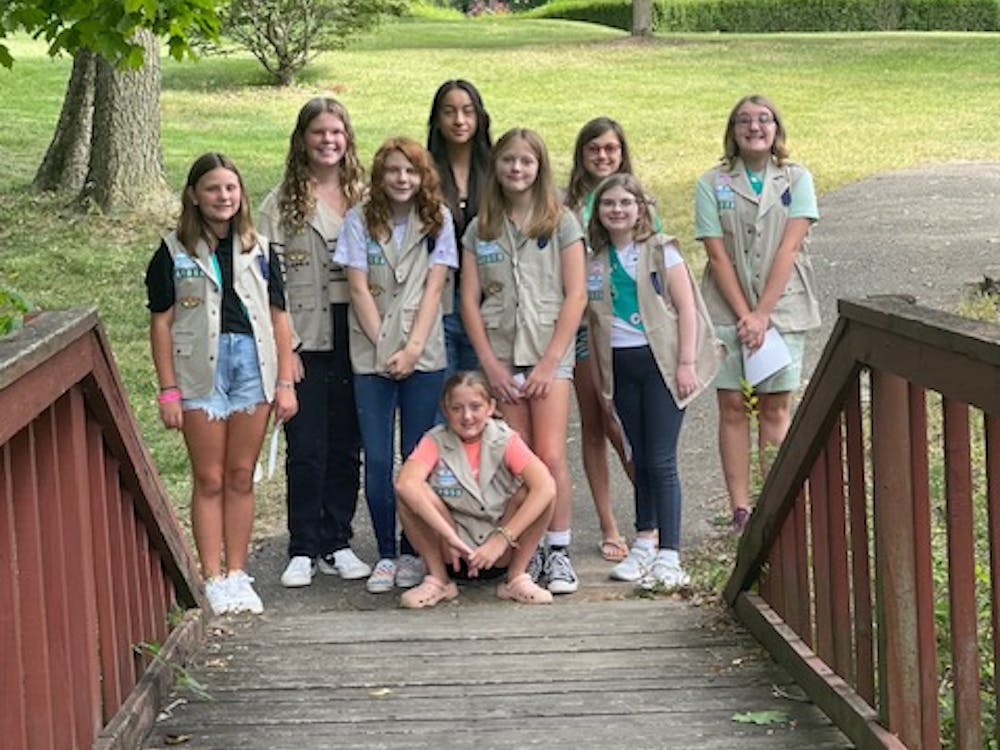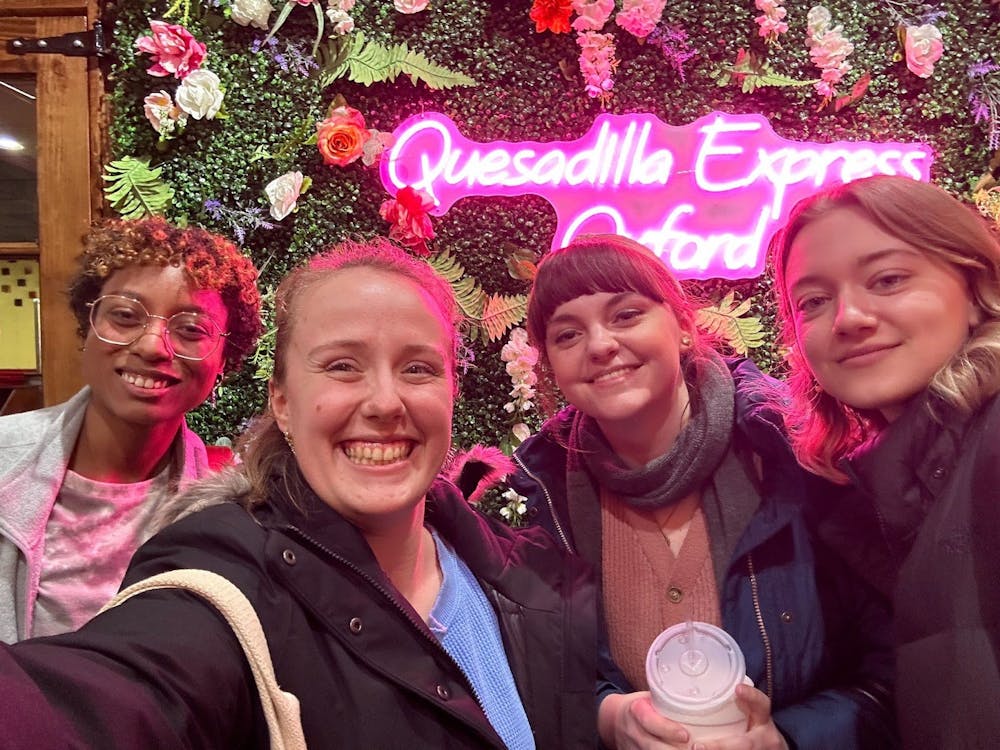MU student hopes to help provide hygiene products
Jillian Cofskey, a sophomore art and architecture history major, is gathering up old makeup bags and filling them with hygiene products to benefit local women.
For millions of women living below the poverty line in America, the monthly cost of hygiene products like pads and tampons can be insurmountable when they can barely afford to put food on the table.
Cofskey plans to donate the bags to local homeless and women's shelters.
"I was doing some spring cleaning over break and noticed I had about 30 or so old makeup bags that I just didn't use, and I wasn't sure what to do with them," Cofskey said. "[I] figured that I could put my old bags to use and donate them."
Cofskey posted on the Oxford Talk and Miami Class of 2021 Facebook pages asking for donations and advice on which shelters she should donate to.
Cofskey has filled the bags with hygiene products and expects more bags to come in soon. Cofskey hopes to fill a need that isn't being served in the community.
"While we try our best to accommodate all of our patrons, the products in question tend to be quite expensive and [are] not a top priority," said Bobby Musgrove III, the public relations representative for the Haven House Emergency Shelter located in Middletown, Ohio.
For shelters like the Haven House, most funding goes towards food and clothing. Feminine hygiene products are subject to a luxury tax, commonly referred to as a "period tax" of 7%, so it can be difficult to afford these products.
The Hope House, also located in Middletown, offers separate shelters for both men and women and provides meals and personal care items. Similar to the Haven House, this shelter relies primarily on donations both of products and funds.
"In our shelter designated for women and children, we offer the things that make [women's] lives easier and more comfortable," said Jeri Lewis, the public relations director and board member from the Hope House."These products are very expensive relative to other personal care items, so we ask for any donations possible to help the less fortunate."
Enjoy what you're reading?
Signup for our newsletter
Shelters like these do receive donations and funding but still struggle to provide the goods and services that they ensure to their patrons. For those who donate, all monetary donations are tax deductible.
"Any help would be greatly appreciated. I'm not sure where this will go, but I think we can help at least a couple of people," Cofskey said.




